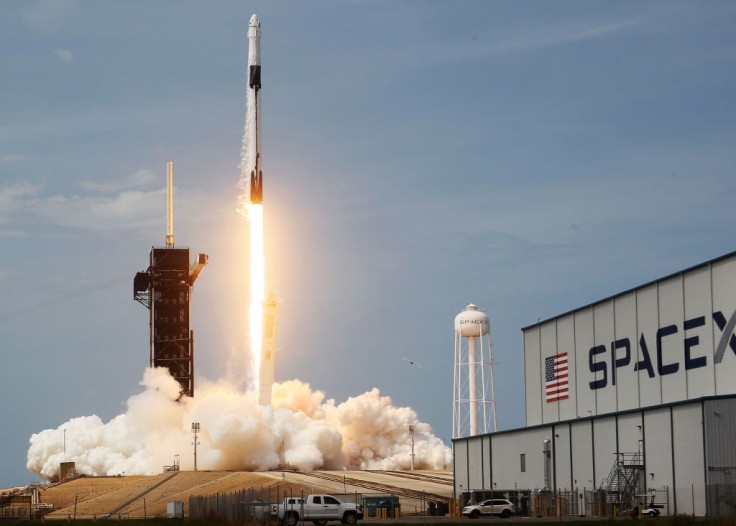
What happens if a rocket runs out of fuel?
Instead of crashing back to Earth, the SpaceX Falcon 9 was left to float around the orbit for seven years.
Now, experts notice it might be on a collision course for the Moon.
Back in 2015, the SpaceX Falcon 9 rocket shipped out the National Oceanic and Atmospheric Administration's Deep Space Climate Observatory.
Unfortunately, it suffered a lack of fuel and could not re-enter Earth's atmosphere.
SpaceX technicians had decided to abandon it, especially since it had such an unpredictable orbit.
The Falcon 9 rocket was influenced by many gravitational forces between the Earth, Moon, and Sun. Years after, the Moon won the gravitational tug-of-war.
Two experts shared their opinion about this incoming space crash.
SpaceX Rocket Falcon 9 Collision Course to the Moon
Experts say that the collision might happen sometime on March 4. Unfortunately, they are unable to determine a time frame for the event.
According to BBC News, astronomer Jonathan McDowell called this "the first known uncontrolled rocket collision with the moon."
Although the prospect seems cool, McDowell said the effects would be minimal.
"It's basically a four-tonne empty metal tank, with a rocket engine on the back. And so if you imagine throwing that at a rock at 5,000 miles an hour, it's not going to be happy," McDowell explained.
Experts predict that the crash will create a small artificial crater on the Moon's surface. They are anticipating recording this event.
Read Also : James Webb Space Telescope Reaches Final Destination: Now Orbiting Around Earth-Sun Lagrange Point
SpaceX Rocket Crash: How to Watch Falcon 9 Crash
Sky watcher Bill Gray predicted the numbers for this collision course.
Notably, he is also a developer who worked with software that tracks near-Earth objects (NEOs). He concluded the Falcon 9 rocket would crash on the dark side of the Moon.
Gray said, "If this were a rock, I'd be 100% certain ... But space junk can be a little tricky."
He also added, "I have a fairly complete mathematical model of what the Earth, Moon, sun, and planets are doing and how their gravity is affecting the object. I have a rough idea of how much sunlight is pushing outward on the object, gently pushing it away from the sun. This usually enables me to make predictions with a good bit of confidence," per Digital Trends.
Gray is currently calculating the impact location for the SpaceX rocket. Ideally, the information can help NASA's Lunar Reconnaissance Orbiter and India's Chandrayaan-2 photograph the scene.
It will be interesting to see how much of an impact this collision will make, along with the amount of space debris it could generate.
At the time of writing, SpaceX has yet to comment about their drifting Falcon 9 rocket.
Hopefully, more updates will be made the closer it gets to the deadline. Interested fans are recommended to watch out for related news, which might drop anytime in the coming weeks.









